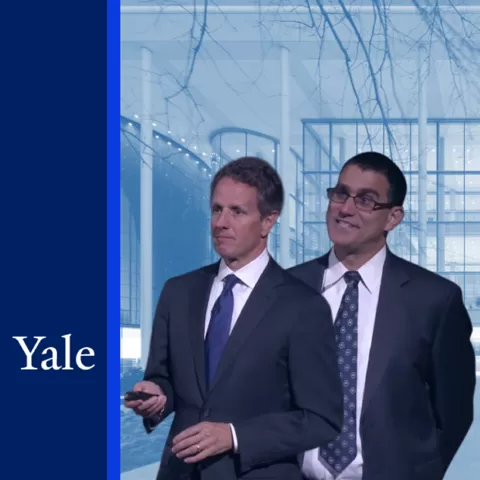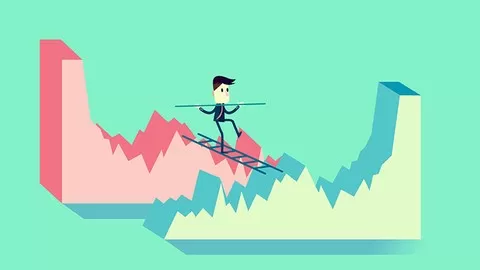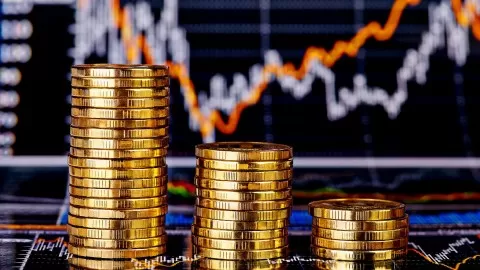Up until roughly 100 years ago, the government played very little role in the economy. It was generally believed that the economy worked best when directed by the autonomous forces of supply and demand. During the 18th and 19th Centuries, a consensus emerged on how the Capitalist economy worked; and that classical economic theory has been the foundation of economic teaching ever since.
The economy no longer works the way it did during the 19th Century, however. Over the past 100 years the government’s involvement in the economy has expanded so radically that the economic system itself has little left in common with Capitalism – at least, not at the Macro level. Yet Economics continues to be taught as if nothing has changed; and, for the most part, the public continues to believe that our economy is still driven by natural forces as it always was in the past. But that is very far from the truth.
Today, the government manages – or directs – the economy using a variety of policy tools to ensure that Gross Domestic Product continues to expand. The implications of this fact are very far reaching. It is impossible to understand politics or economics in our era without grasping that the government is managing the economy. Moreover, it is particularly important that investors understand this new reality because government actions now impact the direction of asset prices far more than any other variable.
This Course explains how the economy really works.
Popularized by movies such as “A Beautiful Mind,” game theory is the mathematical modeling of strategic interaction among rational (and irrational) agents. B…
4.6
★★★★★ 4.6/5
343,585 students







